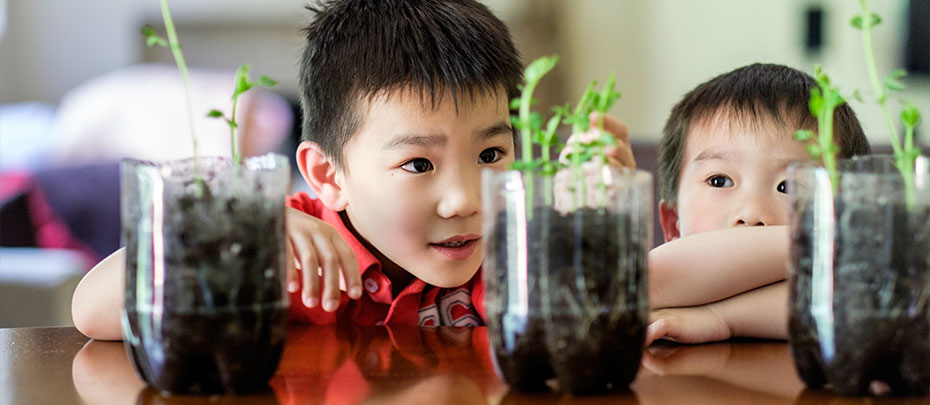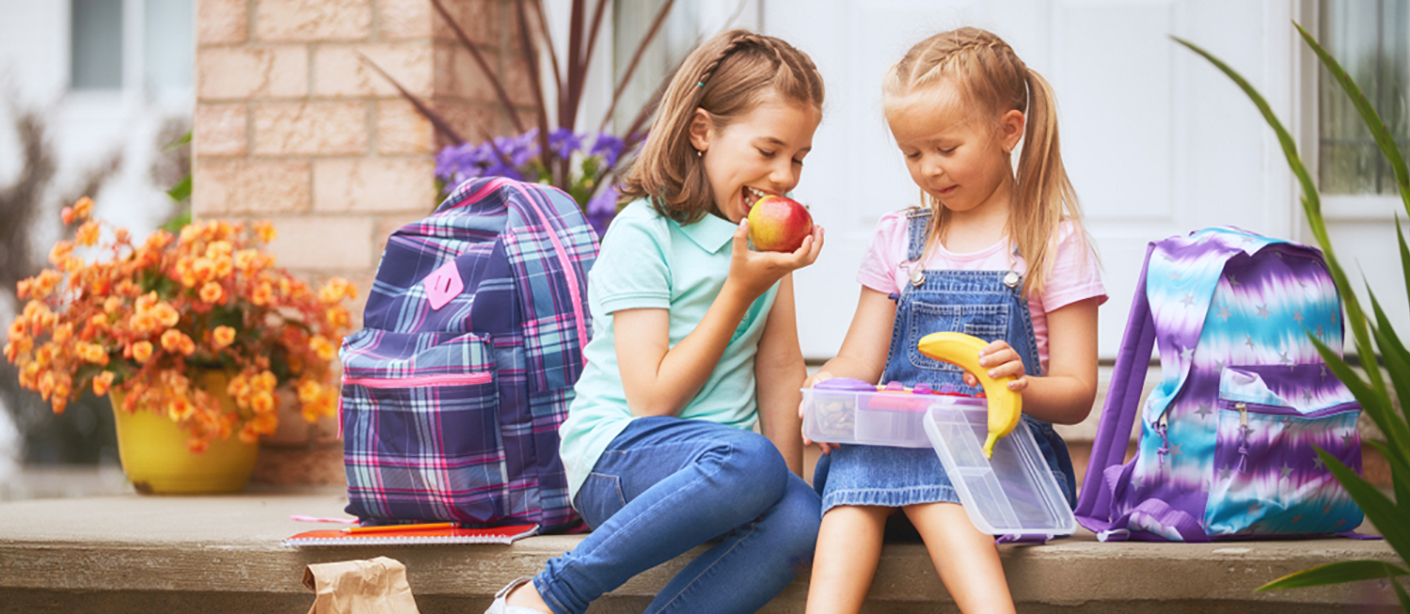Showing kids how to fuel their bodies with good nutrition while minimizing their carbon footprint can help create positive habits for years to come. Here are a few ways you can support a relationship with food that will sustain your child while helping to ensure a healthy food supply for future generations.
How to Foster a Positive Relationship With Food in Your Child
Food plays an important part in supporting overall health by providing the essential nutrients you need to thrive. At the same time, food can foster community, provide a source of enjoyment and reflect cultural values and traditions. Many children learn about these aspects of food and nutrition at school or during family discussions.
The connection between food and the health of the planet is a more recent conversation topic. If you want to teach your child how to support the environment while focusing on good nutrition, here are three ways to do just that.
1. Cook More Plant-based Meals
Data suggests that greenhouse gas emissions resulting from vegan and vegetarian lifestyles are around 50% and 35% lower, respectively, than most eating approaches that include meat. Reduced meat consumption is also associated with using fewer natural resources.
Eating lean meats such as lean beef, fish and chicken can provide important nutrients, including protein, vitamin B12 and choline. However, eating excessive amounts of these foods may not be the best choice for the environment.
To take a small step to support the Earth's well-being, try replacing one meat-centered meal a week with a plant-based protein such as lentils, chickpeas or tofu. A lentil-based Sloppy Joe is a kid-friendly favorite. If that doesn't hit the spot, try swapping half the meat with minced veggies, such as mushrooms. This way, they'll get the protein they need while learning firsthand that there are plenty of delicious plant-based foods.
2. Buy Foods in Season and Shop Locally When Possible
Choosing foods that don't require a long distance to transport can help reduce carbon emissions. Two ways to accomplish this are to shop for fresh, in-season produce and to shop locally.
Today, many fruits and vegetables are available year-round, regardless of whether your local climate is conducive to growing them. But the blueberries you see at your local store when it's not blueberry season where you live likely had to travel thousands of miles to become available to you. Likewise, if you live in Florida but insist on California oranges instead of a Florida-grown variety, enjoying that citrus contributes to the demand for foods that are transported across long distances.
Explain this concept to your child and demonstrate what it looks like to shop seasonally and locally.
3. Start a Garden to Grow Food at Home
Kids love a good DIY project, and there aren't many at-home activities as good for the environment and your health as starting a garden to grow your own food. Having homegrown fruits and veggies at your fingertips encourages a personal relationship with the foods you eat. Some evidence also shows that children tend to be more open to trying new foods if they play a hand in growing them themselves. After all, how could you not be curious about something you made with your own hands?
Encouraging Children to Eat for a Healthy Future
Learning how to make sustainable food choices early on can result in lifelong habits that help support a healthy body and planet. And while Earth Month is a great time to start incorporating your nutrition-focused goals, continuing these habits throughout the year is key to making a lasting impact.
Simple actions such as choosing seasonal produce or swapping animal-based proteins with plant-based choices can spark a conversation with your child about how the foods you eat and the planet's health are interconnected. Over time, these practices can result in positive attitudes and habits that your child will carry with them into adulthood.




Social Share